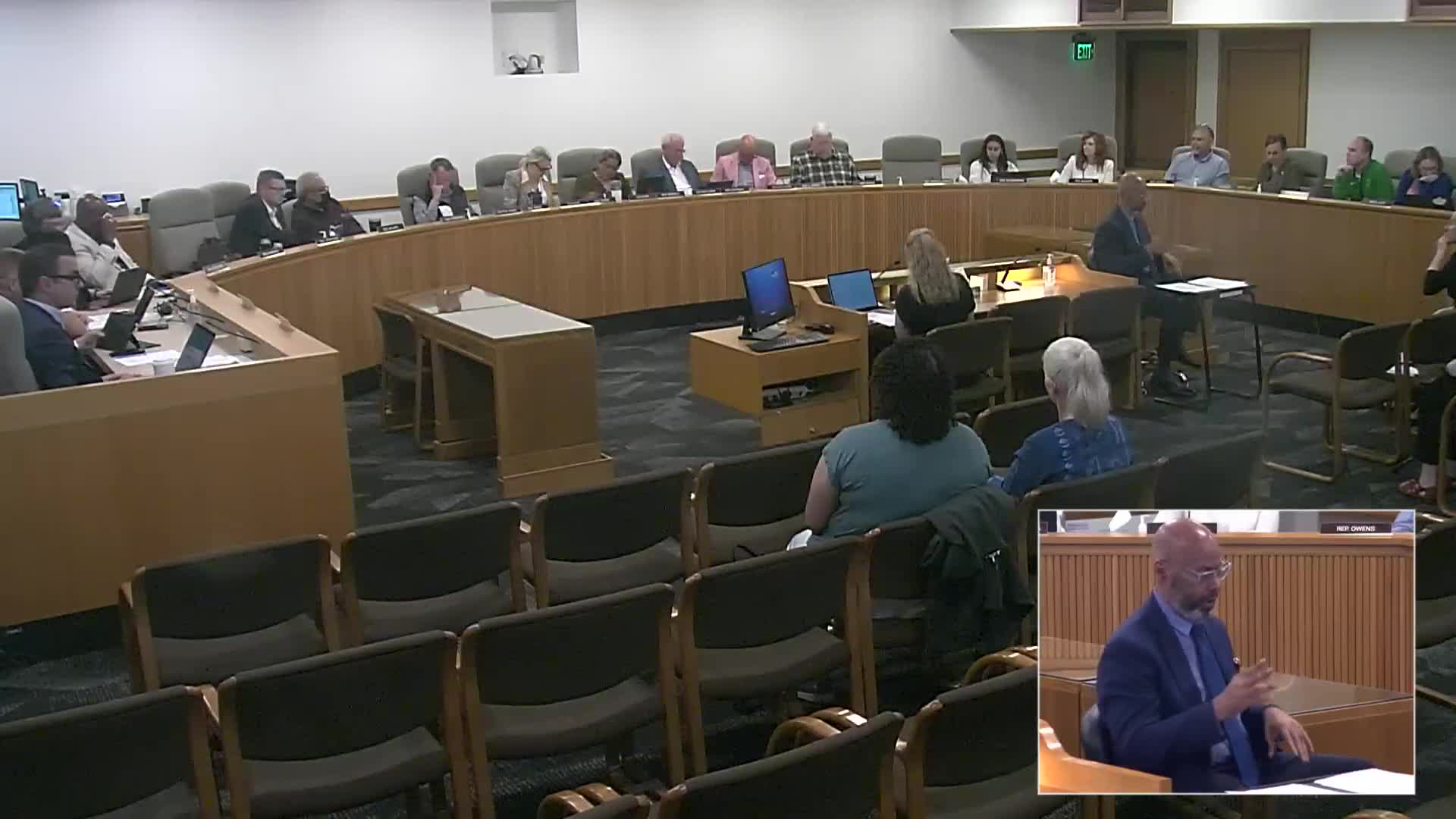Oregon Human Services Subcommittee endorses wage study for direct care workers
May 02, 2025 | Ways and Means, Joint, Committees, Legislative, Oregon
This article was created by AI summarizing key points discussed. AI makes mistakes, so for full details and context, please refer to the video of the full meeting. Please report any errors so we can fix them. Report an error »

In a recent meeting of the Joint Committee on Ways and Means, Oregon lawmakers discussed a critical report from the Department of Human Services (DHS) regarding wage and reimbursement rates for direct care workers. The report, conducted by Burns and Associates, highlights the urgent need for increased compensation in a sector that plays a vital role in community-based services.
The study recommends raising base wages for direct care workers to between $23 and $24.50 per hour and increasing provider reimbursement rates by an average of over 30%. Implementing these recommendations would require an estimated annual investment of $1.3 billion in total funds. This significant financial commitment reflects the growing recognition of the importance of supporting the workforce that provides essential care services.
During the meeting, Senator Kompost emphasized the necessity of these wage increases to attract and retain workers in a field that is increasingly competing with other job sectors, such as fast food, which offer similar pay with less risk and stress. Representative Drazen echoed this sentiment, arguing that the report provides essential information that should guide legislative decisions, particularly in light of House Bill 3838, which proposes the creation of a labor board.
Senator Bonham reinforced the report's findings, noting that Oregon's wages for direct care workers are significantly below the national average, by approximately $4. He pointed out that the state must offer competitive wages to draw quality individuals into this challenging field.
The committee members acknowledged the financial constraints facing the state but agreed on the importance of investing in the workforce. They recognized that balancing wage increases with the costs of living, particularly housing, is crucial for the sustainability of these investments.
Ultimately, the committee accepted the report without objection, signaling a collective commitment to addressing the wage disparities faced by direct care workers. As discussions continue, the implications of this report may shape future legislative actions aimed at improving the livelihoods of those who provide essential services to Oregon's communities.
The study recommends raising base wages for direct care workers to between $23 and $24.50 per hour and increasing provider reimbursement rates by an average of over 30%. Implementing these recommendations would require an estimated annual investment of $1.3 billion in total funds. This significant financial commitment reflects the growing recognition of the importance of supporting the workforce that provides essential care services.
During the meeting, Senator Kompost emphasized the necessity of these wage increases to attract and retain workers in a field that is increasingly competing with other job sectors, such as fast food, which offer similar pay with less risk and stress. Representative Drazen echoed this sentiment, arguing that the report provides essential information that should guide legislative decisions, particularly in light of House Bill 3838, which proposes the creation of a labor board.
Senator Bonham reinforced the report's findings, noting that Oregon's wages for direct care workers are significantly below the national average, by approximately $4. He pointed out that the state must offer competitive wages to draw quality individuals into this challenging field.
The committee members acknowledged the financial constraints facing the state but agreed on the importance of investing in the workforce. They recognized that balancing wage increases with the costs of living, particularly housing, is crucial for the sustainability of these investments.
Ultimately, the committee accepted the report without objection, signaling a collective commitment to addressing the wage disparities faced by direct care workers. As discussions continue, the implications of this report may shape future legislative actions aimed at improving the livelihoods of those who provide essential services to Oregon's communities.
View full meeting
This article is based on a recent meeting—watch the full video and explore the complete transcript for deeper insights into the discussion.
View full meeting
